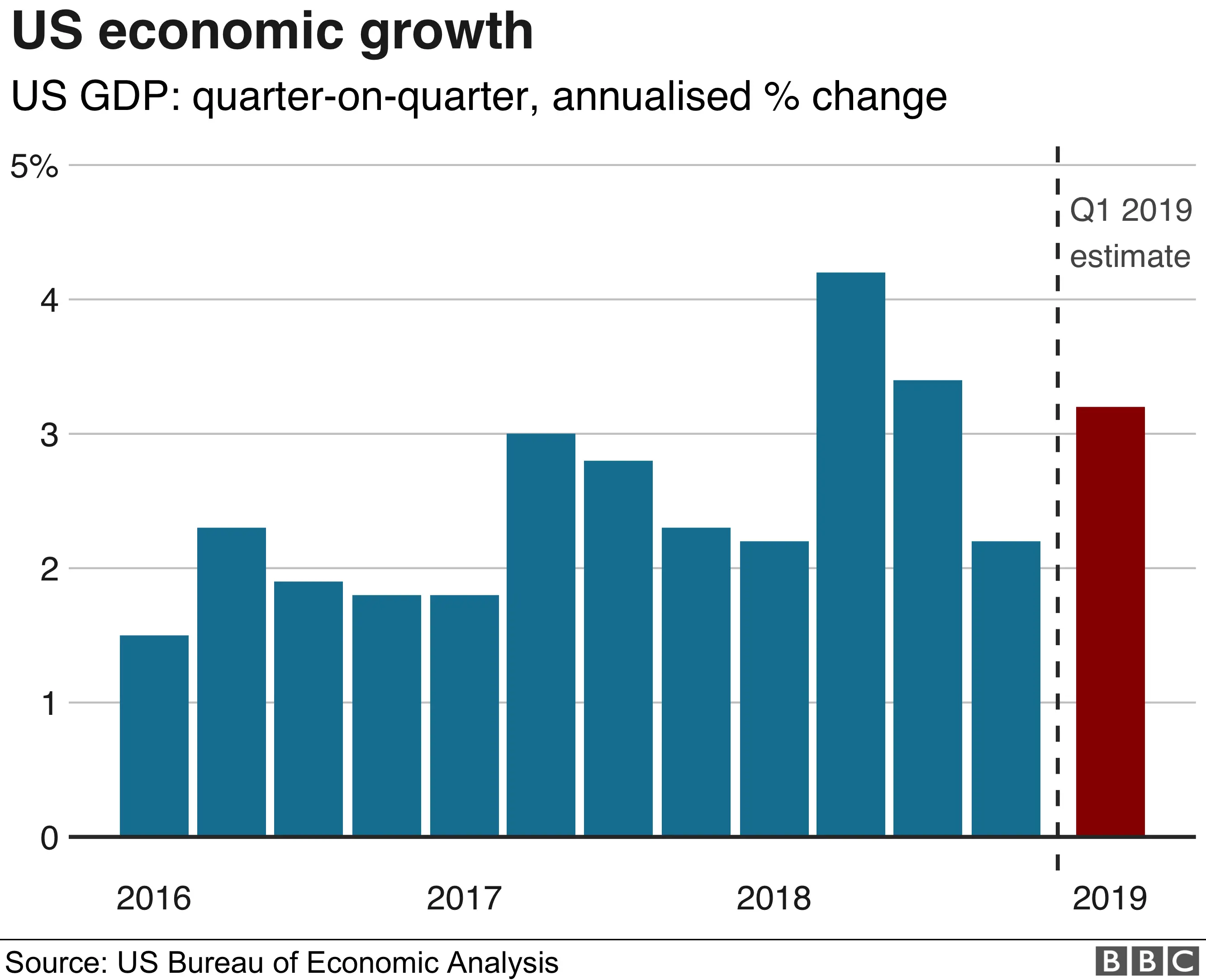| Introduction |
| Nicaragua, a small Central American nation, has been in the news lately, especially concerning its relationship with the USA. With a mix of political upheaval, economic challenges, and migration issues, the developments in Nicaragua resonate deeply within the U.S. Understanding this complex dynamic is crucial for anyone looking to grasp the broader implications of these changes. So, let’s dive into the current events surrounding Nicaragua and their significance for the United States! |
| Understanding Nicaragua’s Political Landscape |
| Current Government and Leadership |
| Nicaragua is currently led by President Daniel Ortega, who has been in power since 2007. His administration has been marked by controversy, with critics accusing him of authoritarianism. The political climate is tense, and recent elections have raised eyebrows both locally and internationally. |
| Key Political Events of 2023 |
| In 2023, Nicaragua experienced several critical events that shaped its political landscape. Notably, the government cracked down on dissent, leading to widespread protests. Many nmweek.com took to the streets to voice their frustrations, highlighting the growing discontent with Ortega’s regime. |
| Public Response and Protests |
| The protests sparked significant media attention and resulted in a mixed response from the international community. While some countries condemned the government’s actions, others remained silent, leading to questions about diplomatic relations and human rights. |
| Nicaragua’s Economic Situation |
| Trade Relations with the USA |
| Economically, Nicaragua has relied heavily on trade with the United States. The two countries have established trade agreements that have allowed Nicaragua to export goods such as coffee and textiles. However, ongoing political instability threatens these economic ties. |
| Effects of Sanctions |
| In response to human rights violations, the U.S. has imposed several sanctions on Nicaragua. These measures have aimed to pressure the Ortega government but have also had ripple effects on the economy, making life more challenging for everyday Nicaraguans. |
| U.S. Investment in Nicaragua |
| Despite the challenges, some American companies continue to invest in Nicaragua, drawn by its potential for low-cost manufacturing and agriculture. However, many investors are wary, keeping a close eye on the political situation. |
| Nicaragua’s Migration Crisis |
| Reasons Behind the Migration Surge |
| As conditions in Nicaragua worsen, many citizens have opted to migrate, seeking better opportunities in the United States. This migration wave has been fueled by economic hardship, political oppression, and violence. |
| Impact on the U.S. Immigration System |
| The surge in Nicaraguan migrants has put additional pressure on the U.S. immigration system. As more people seek asylum, the complexities of immigration policies and border control have come under scrutiny, leading to debates in Washington about how to handle the situation effectively. |
| Cultural Exchange and Community Ties |
| Nicaraguan Communities in the U.S. |
| Nicaraguans have established vibrant communities throughout the United States, especially in states like California and Florida. These communities play a crucial role in cultural exchange, sharing their rich traditions and heritage. |
| Cultural Contributions |
| From music and art to food, Nicaraguan culture has made a mark in the U.S. Festivals celebrating Nicaraguan traditions foster a sense of belonging among expatriates and promote understanding among locals. |
| Media Coverage of Nicaragua in the USA |
| News Outlets and Their Perspectives |
| American news outlets have been actively covering Nicaragua’s political and social climate. While some offer in-depth analyses, others may sensationalize events, leading to a varied portrayal of the situation. |
| Social Media’s Role in Reporting |
| Social media has transformed the way news is disseminated. Nicaraguans use platforms like Twitter and Facebook to share real-time updates and personal stories, often bypassing traditional media filters. This grassroots reporting has added a new dimension to how we understand Nicaragua’s struggles. |
| Conclusion |
| The situation in Nicaragua is multifaceted, affecting not only its citizens but also resonating within the United States. As political, economic, and social dynamics continue to evolve, it’s essential for Americans to stay informed. The relationship between Nicaragua and the U.S. is intertwined, and understanding these complexities can foster empathy and informed dialogue. |





